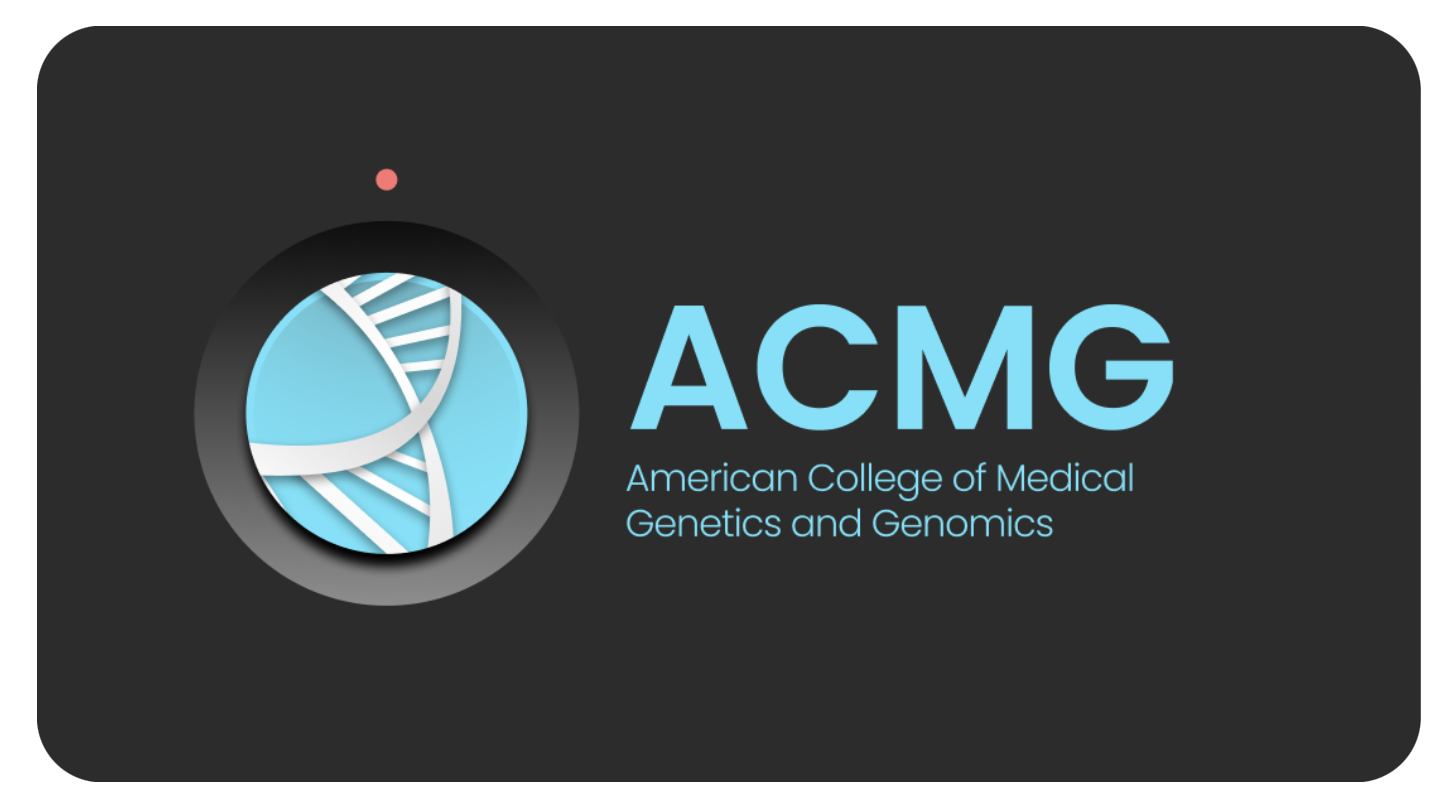Early detection of high concentrations of heavy metals in the body is crucial for preventing serious health problems, including cancer, neurological disorders, and cardiovascular diseases. Heavy metals, such as arsenic, cadmium, or mercury, can cause DNA damage, disrupt hormonal balance, and trigger chronic inflammation, which increases the risk of tumor processes. Early diagnosis allows for the initiation of detoxification measures, reduction of exposure, and minimization of long-term health consequences.
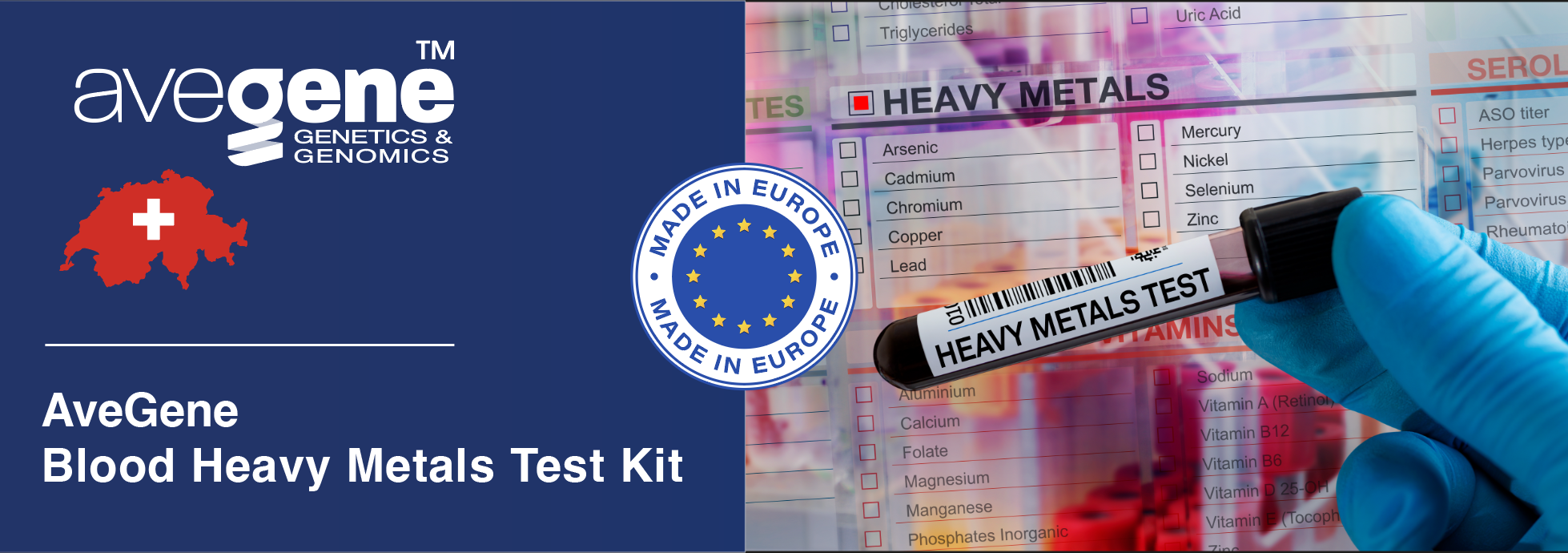
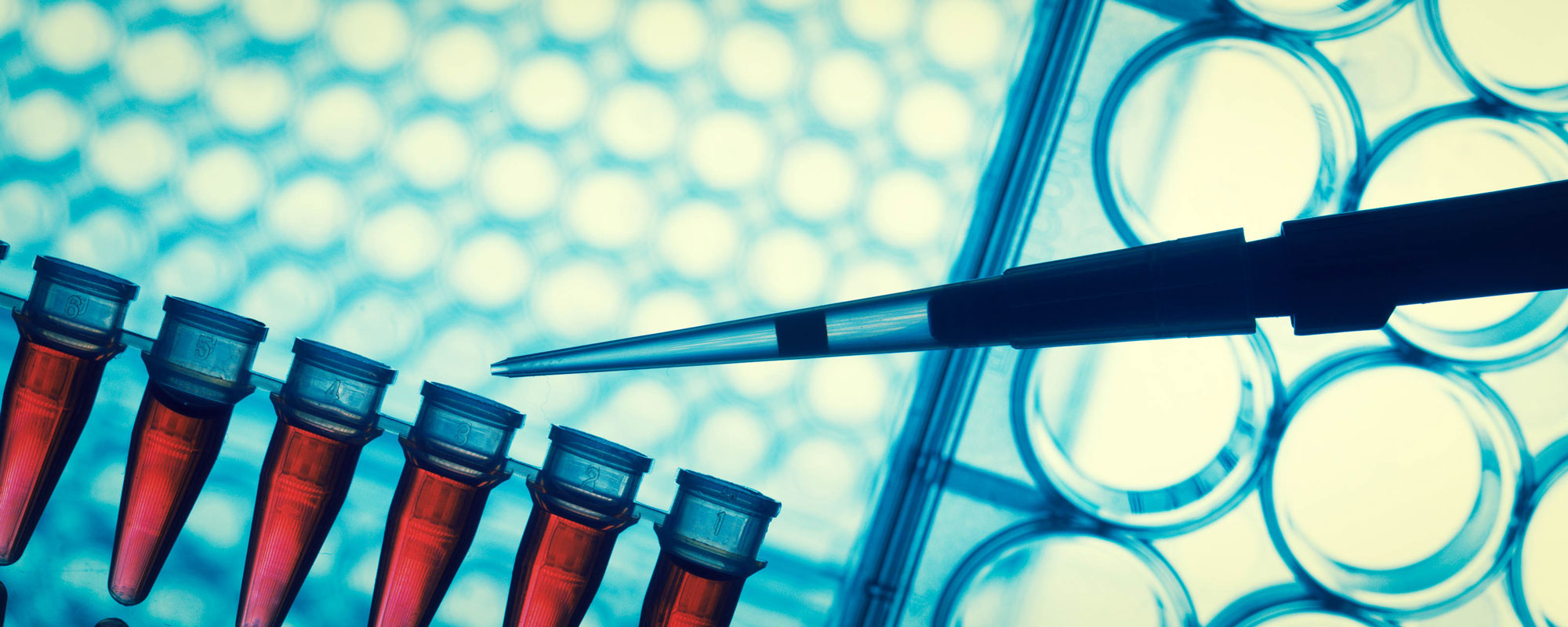
Heavy metals, such as cadmium, arsenic, lead, mercury, or chromium, are a natural part of the environment, but their high concentration in the human body can have toxic and carcinogenic effects. These metals enter the organism through contaminated water, food, air, or the workplace. In recent decades, scientists have been intensively studying how these substances affect cells and contribute to the development of cancer. This article focuses on the mechanisms by which heavy metals affect cellular processes and the risks associated with their exposure.
Heavy metals and its toxicity
Biochemical properties of heavy metals
Heavy metals are chemically reactive and have the ability to interact with key molecules in cells, such as DNA, RNA, and proteins. Many of them accumulate in tissues and disrupt their normal functions.
The main heavy metals associated with the development of cancer are:
Arsenic: Present in contaminated drinking water, associated with the development of lung, skin, and bladder cancer.
Cadmium: Found in cigarette smoke and certain foods, associated with prostate, lung, and kidney cancer.
Chromium (hexavalent): An industrial contaminant that causes lung cancer.
Lead and mercury: Although they are primarily neurotoxic, their long-term effects are associated with oxidative stress and potentially cancer.
Neurological Issues
Gastrointestinal Distress
Respiratory Problems
Cardiovascular Complications
Skin Reactions
Fatigue and Weakness
Kidney Damage






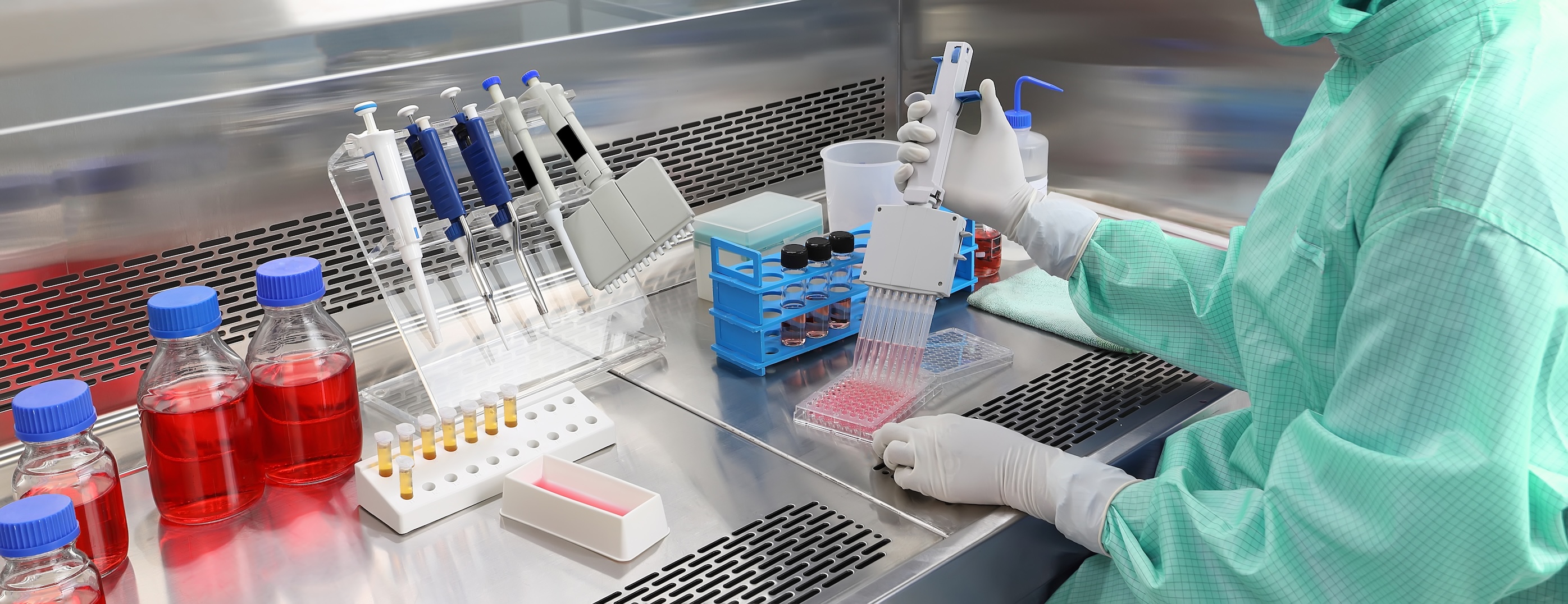
Heavy metals are a group of metallic elements that have a high atomic weight and density, and they can be toxic to human health and the environment. These metals can accumulate in the body over time, leading to various health issues. Monitoring exposure and taking preventive measures are crucial for reducing the risks associated with heavy metals.
After you purchased the test, you get the AveGene ct/cfDNA liquid biopsy somatic & germinal mutations sample collection & transport kit. Arrange the blood draw according to the enclosed instructions.
Send sample to nearest AveGene collection center or to central AveGene laboratory.
Receive your results in the form of an encrypted PDF report. Request an online consultation if needed.
Mechanisms of cancer development due to heavy metals
There are major mechanisms that can be divided and briefly described as:
Oxidative stress
Heavy metals generate reactive oxygen species (ROS), leading to oxidative stress. ROS damage DNA, which can cause mutations in key genes responsible for controlling cell division and DNA repair. This increases the likelihood of tumor cell formation.
Epigenetic changes
Some heavy metals affect the epigenetic regulation of genes, such as DNA methylation or histone modification. These changes can lead to the deregulation of genes associated with tumor growth without causing direct DNA damage. For example, arsenic is known to cause both hypomethylation and hypermethylation changes, which affect genes associated with apoptosis and the cell cycle.
Inhibition of DNA repair
Some heavy metals, such as cadmium, disrupt the enzymatic systems responsible for repairing damaged DNA. This increases the likelihood that damaged cells will survive and begin to divide uncontrollably.
Chronic inflammation
Exposure to heavy metals often triggers chronic inflammation, which is a known factor promoting the development of cancer. Inflammatory processes release cytokines and other molecules that promote the growth of tumor cells and angiogenesis (the formation of new blood vessels to supply the tumor).
Interference with hormonal processes
Some heavy metals, such as cadmium, have the ability to mimic estrogen (they are known as endocrine disruptors). This affects hormonal balance and increases the risk of developing hormone-dependent tumors, such as breast or prostate cancer.
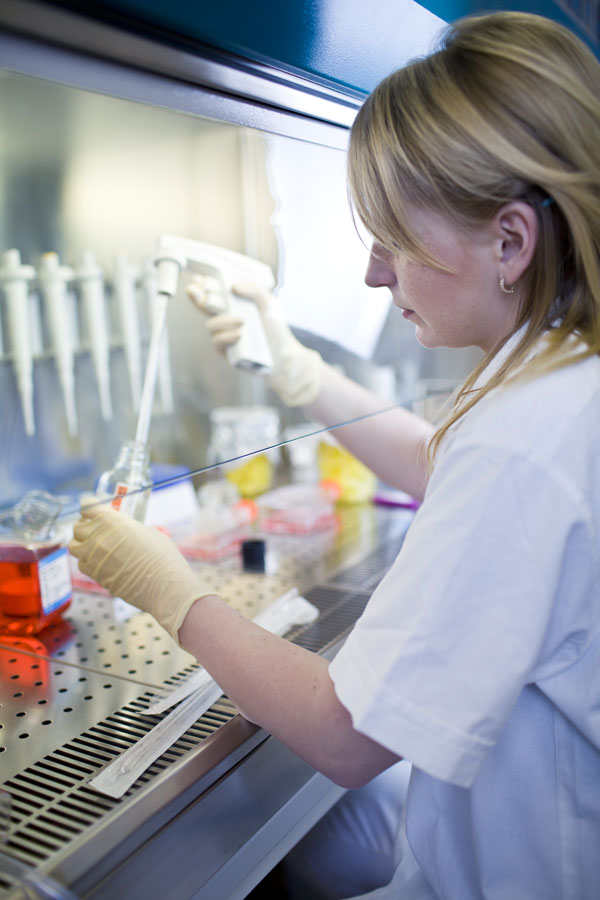
There is no danger to any of your private data on AveGene.
We make sure that even the internal testing is done in secret. In a way, we don't even need to know the patient's name. The molecular state of the blood or plasma sample sent to us is only interpreted with an anonymous sample ID. The person who has the activation card information is the only one who can see the results.
For home specimen collections, it is currently only possible to use AveGene urine collection kits.
They are used for diagnosing the HPV virus in both men and women.
Other tests require venous blood samples, which must be taken by professional staff at your nearest collection center, doctor, hospital, and so on.
The collected samples are then sent to the AveGene collection center.




